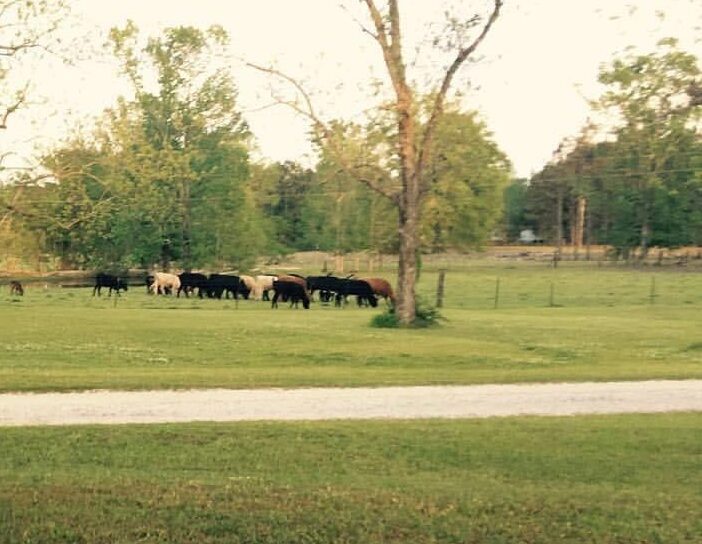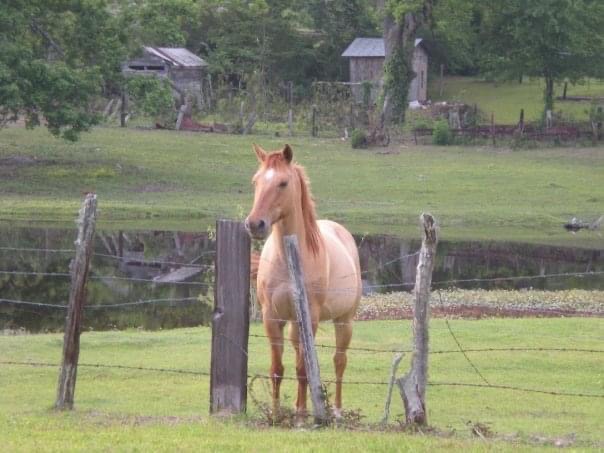
Jas Min/Unsplash

Jas Min/Unsplash
Have you ever thrown out a food product thinking it was expired, but in all actuality, it still tasted fine? I know I have. It is something that many people have done, without realizing that they are contributing to a world-wide problem: food waste.
Food waste is the unnecessary discarding of food that is still edible for human consumption and is a serious problem in many parts of the world, given that even the most developed countries have large populations of homeless people who are often forced to go without a meal. According to the Food and Agriculture Organization of the United Nations, about 14 percent of food is lost between the stages of harvest and retail, while another 17% is wasted at the retail and consumer levels.
By unknowingly or carelessly tossing out a surplus of food, we continue to aid this problem while also throwing out a resource that somebody who is less fortunate would greatly appreciate.
Food waste may not be an entirely new issue, but it has certainly worsened in recent decades as fast food restaurants, and commercial food packaging have exponentially increased across the county. The answer to mitigating food waste may lie in the practices and ways of life that came before the fast food boom.

My godmother, Philana Suggs, grew up on a farm in Alberta, Alabama in the Black Belt region. She described her young life as community centered being that the elders within her community were just one generation out of slavery. Her neighbors were all considered family and when someone had a surplus of a crop, they would give it to another. In this way, food would not be wasted and to preserve the food’s shelf life, they would either eat it or conserve it properly by deep freezing it.
This connects to the homelessness issue in the world because this city found a way for the food that they personally did not need, to not just be thrown away. This community style approach contributes to combating this global issue.
On her grandfather’s farm they grew vegetables like corn, mustard, collard, and turnip greens. They had animals like pigs, cows, chickens, rabbits, and horses. There were plentiful apples, berries, peaches, pecans, and plums and her uncle would even hunt animals like rabbits and deer as another source of meat. Her family had ponds that supported all types of life like catfish and trout, turtles, frogs, lizards, and ducks. There was also algae present, which she explained as important because it gave nutrients in the ponds.

She also talked of how one animal would be a source of many different foods. For example, cows would be used for meat, but also for milk that would be used to simply drink or to make ice cream. Chicken would be used as a food source as well, but their eggs would also made other dishes. By doing this, they still utilized the grocery store’s resources, but they were not solely dependent on their products.
Because of her background of growing up on a farm, food waste and homelessness is something my godmother is extremely passionate about. When asked about how she felt about this issue she said, “Forging ahead, our future is in the hands of the next generation. The knowledge from the past needs to be taught to them so that the mistakes we are currently making regarding wasting of food can be minimized.” With inflation on the rise, more people are living paycheck to paycheck, but this issue does not seem to be a main concern to many Americans. In today’s society, many are focused on our own individual lives instead of ways to support our broader community. In my godmother’s view, if we see someone struggling, we should help, instead of thinking that every man is for himself.

For example, we should not be producing more food than we can eat, and we should especially not be throwing it away when someone else can put it to good use. If we do have a surplus in food, we should give it to an organization that knows how to properly distribute it to those in need. Restaurants should not require their employees to throw away the food that was not eaten during shift and should instead bring it to the nearest shelter.
I had the pleasure of interviewing Desmond Mortley, Ph.D. and Lucy Asare-Baah, Ph.D. of Tuskegee University. Asare-Baah is a professor at Tuskegee University who teaches in the Agribusiness program. Moretly is also a professor at Tuskegee who is involved in numerous activities, but his recent project is focusing on post-harvest food loss and waste. I sat with them both to grasp the concept of food waste and how one would go about decreasing this issue
Asare-Baah explained that developing countries seem to focus on home economics more than its developed counterparts. Because of this, more people in developed countries are less eager to cook and may depend on restaurants to house their meals. This is an issue, because we allow these franchises to determine how little or how much food we receive and why when it comes down to an unfinished meal, we have no problem throwing it away. As stated before, restaurants do not know how to properly handle these unwanted dishes and will throw them out instead of giving them to someone who may need it.
Mortely believes one of the issues that contributes to food waste lies on the labels found on food packaging. “We believe that as soon as a product hits an expiration date, we must immediately throw it away, even if the product does not appear expired,” said Mortely.
This reminded me of when I was a child and saw that the more-than-halfway-gone milk in the fridge was “expired” and I poured it out in the sink. My mother asked me if I tried it, but I told her, “No,” because it was expired. She then explained that I must examine the product before immediately throwing it out, because it may not have even been bad. The more I talked to Asare-Baah and Mortley, the more I realized that I unknowingly contribute to food waste, and that other people may not realize it as well.
When asked about suggestions for decreasing this issue in America, Mortley recommended more educational awareness. Everyone should take the time to do their own food research and learn about things like food shelf life. Asare-Baah said that buffets should be looked at more. Some buffets do try to help this issue by charging people who do not finish their plates but these rules often don’t go far enough. “People are too quick to throw away and waste a product because they believe that since they paid for it, it is not hurting anybody,” said Asare-Baah.
Both Mortley and Asare-Baah also advised that we learn how to cook. We need to learn how to be more adaptable in the kitchen. For example, Asare-Baah brought up bananas. “When they appear to be turning brown, instead of throwing them away, we should use them for another dish like banana pudding or banana bread that does not require ripe fruit”, said Asare-Baah.
Lastly, when I asked them both where they felt this issue was going and what the younger generation should know, Mortley stated that he requires his students to go to Tuskegee’s communities and volunteer to distribute food that would go bad on campus, into the community.
Similarly, Asare-Baah gives her students plenty of assignments on food waste, like polling people in the cafeteria on what this issue means to them. She believes that the solution is to involve the youth so that they can learn from the older generations. Engaging young people is important as they are the ones who will face the brunt of climate change’s impacts in the future.
As laid out in the Food and Agriculture Organization’s 2015 report on climate change and food security, climate change is expected to increasingly impact agricultural productivity in the future and, “The people who are projected to suffer the earlier and the worst impacts from climate change are the most vulnerable populations.”
By hearing stories of my godmother’s experiences on the farm and by learning from Tuskegee professors Desmond Mortley and Lucy Asare-Baah’s experiences in helping the decrease of food waste, I can say that I have learned to become more aware of how I handle my food. Instead of throwing away a dish that I did not like, I make sure to eat it all or if I am unsure about a dish, I will start off with a little helping instead of immediately filling up my plate. I think that if everyone becomes aware of how they personally contribute to food waste, then we can decrease this issue as well as ease the hunger of the homeless population. .